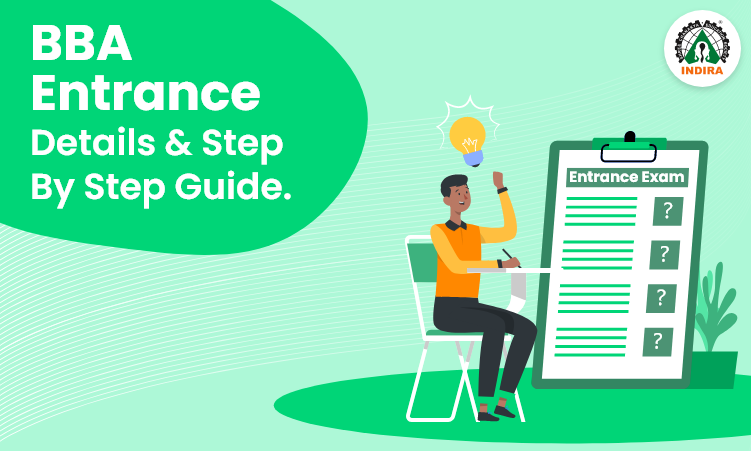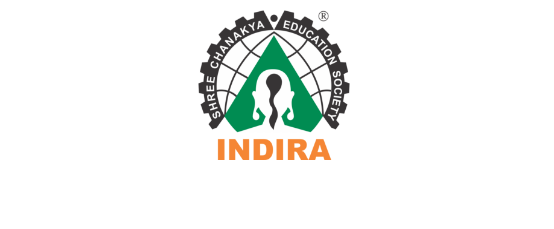In India, the media landscape is dynamic give or take India has over 900 television channels including Hindi and regional channels and the number keeps growing! This exponential rise with the explosion of social media, fundamentally changing how people consume information.
Today, people rely on social media platforms and the internet to stay informed, fueling the ever-increasing demand for skilled storytellers and communicators. This is where a journalism and mass communication program steps in. Journalism and mass communication train you with the necessary skills to navigate this dynamic media ecosystem, transforming you into a powerful voice that can inform, engage, and shape public addresses.
What is journalism and mass communication?
Journalism and mass communication is a vibrant field that gives you opportunities for various occupations involved during pre-production, ongoing, post-production, and distribution. Journalism and Mass Communication courses give equal importance to traditional mediums like print, radio, television, and the ever-expanding world of the internet.
Why Choose Journalism and Mass Communication?
Journalism and Mass Communication programs offer a wide range of career opportunities for those seeking a fulfilling and dynamic career in the media field. The following are the reasons why you should choose this field:
- Develop in-demand skills: Journalism and Mass Communication prepare you with essential and in-demand skills like research, writing, editing, interviewing, critical thinking, and multimedia storytelling.
- Become a versatile communicator: Journalism and Mass Communication programs will refine your communication abilities, allowing you to effectively convey messages across different platforms and to diverse audiences.
- Career & Earnings in Journalism and Mass Communication: The Journalism and Mass Communication course equips you with an in-depth understanding of current affairs, media trends, and the power of communication to influence society. But let us not forget the practical benefits. Journalism and Mass Communication graduates in India can expect to earn a competitive average salary. According to various sources, this can range from ₹3.06 lakhs to ₹5 lakhs per annum for fresh graduates, with experienced professionals commanding salaries upwards of ₹8.5 lakhs. So, not only will you be at the forefront of information and communication, but you can also build a fulfilling career path.
What Will You Learn in Journalism and Mass Communication?
The Journalism and Mass Communication course offers a comprehensive curriculum that qualifies students with the knowledge and skills needed to thrive in the media industry in the Journalism and Mass Communication course you will learn the following things:
- Introduction to Journalism and mass communication: Reporting, interviewing, news writing, investigative journalism, and ethical considerations.
- Media writing and editing: Learn Scriptwriting, copywriting, content creation for various platforms and editing techniques.
- Media Laws & Ethics: Understanding the role of media in society, media ethics and communication models.
- Visual storytelling: Learn Photography, videography, multimedia production and visual design principles.
- Digital media and technology: Social media strategies, content marketing, online journalism, and data visualization.
PR and communication management: Understand crisis management, media relations and public image management.
Research methods: Developing research questions, conducting interviews, data analysis and citing sources.
Note: The specific curriculum will differ depending on the program and its specialization [Journalism, Broadcasting, Public Relations, Event Management and Advertising].
Specializations in Journalism and Mass Communication:
The world of Journalism and Mass Communication offers a variety of exciting specializations to hone your skills and interests. Following are some popular choices:
- Journalism: If you have a nose for news and a passion for telling stories that matter, this specialization equips you to be a reporter, writer, or editor across various media platforms – print, broadcast, or digital.
- Broadcasting: Broadcasting dives into radio, television, and even online streaming, teaching you the skills to become an anchor, presenter, and video editor.
- Public Relations [PR]: PR teaches you how to manage a brand's image, create strategic communication campaigns, and navigate media relations.
- Event Management: From grand galas to industry conferences, event management planning, organizing, and executing successful events. This specialization equips you with the skills to manage organization, marketing, and the overall experience for attendees.
- Advertising: If you are a creative thinker with a knack for persuasion, advertising is your calling. You will learn to craft compelling messages, design effective campaigns, and leverage various media channels to promote products and services.
Eligibility Criteria for Journalism and Mass Communication Courses:
Eligibility criteria for Journalism and Mass Communication can differ based on the institution and the level of study [UG or PG]. Institutes or universities require students to have completed their high school education with a minimum passing percentage. Some institutes may conduct entrance exams to assess writing skills, communication abilities, and general knowledge.
How Do You Apply for a Journalism and Mass Communication Degree?
The application process for Journalism and Mass Communication programs typically involves the following steps:
- Research potential programs: Consider factors like program curriculum, faculty expertise, specializations offered, internship opportunities, and industry reputation.
- Check eligibility requirements: Ensure you meet the academic qualifications and any entrance exam requirements.
- Prepare application materials: This may include a personal statement, essays, letters of recommendation, transcripts, and potentially, a portfolio highlighting your writing or creative work.
- Appear for entrance exams (if applicable): Prepare thoroughly for any entrance exams required by the program.
- Submit your application: Complete the application process as per the university's instructions and meet the deadlines.
Conclusion on Journalism and Mass Communication:
A journalism and mass communication program can be a transformative educational experience. It equips you with the skills and knowledge to navigate the ever-changing media landscape.
PS: If you are planning to apply for the UG program in Journalism and Mass Communication this year, heads up! The entrance exam, MAH-CET & CUET 2024, is happening from May 15th to May 24th, 2024.














.png)




